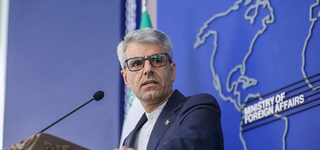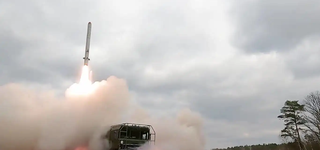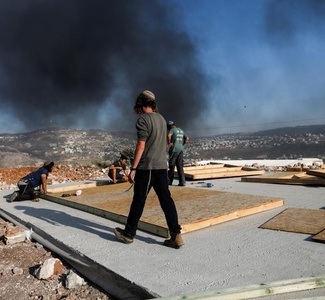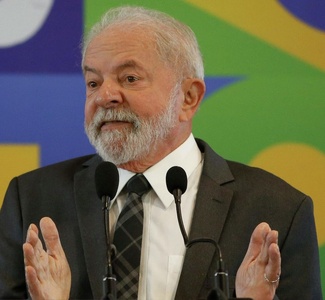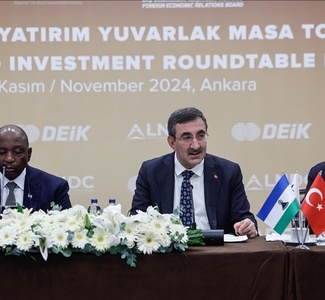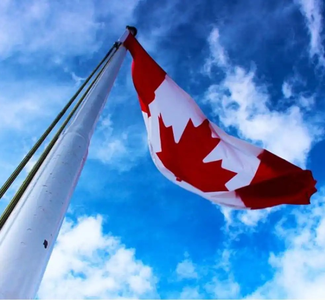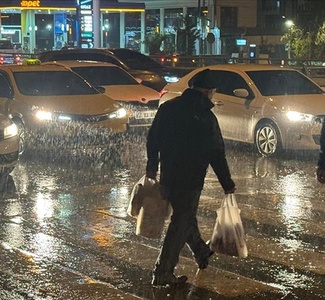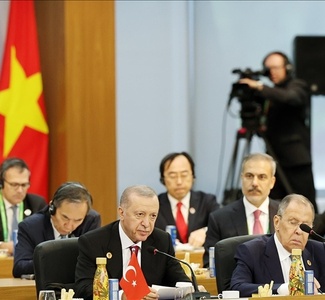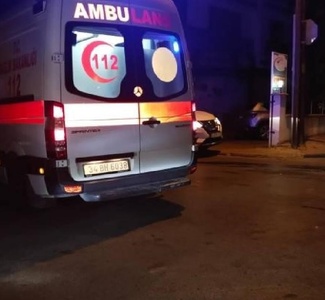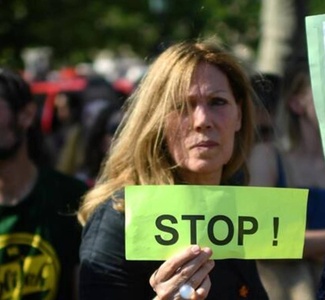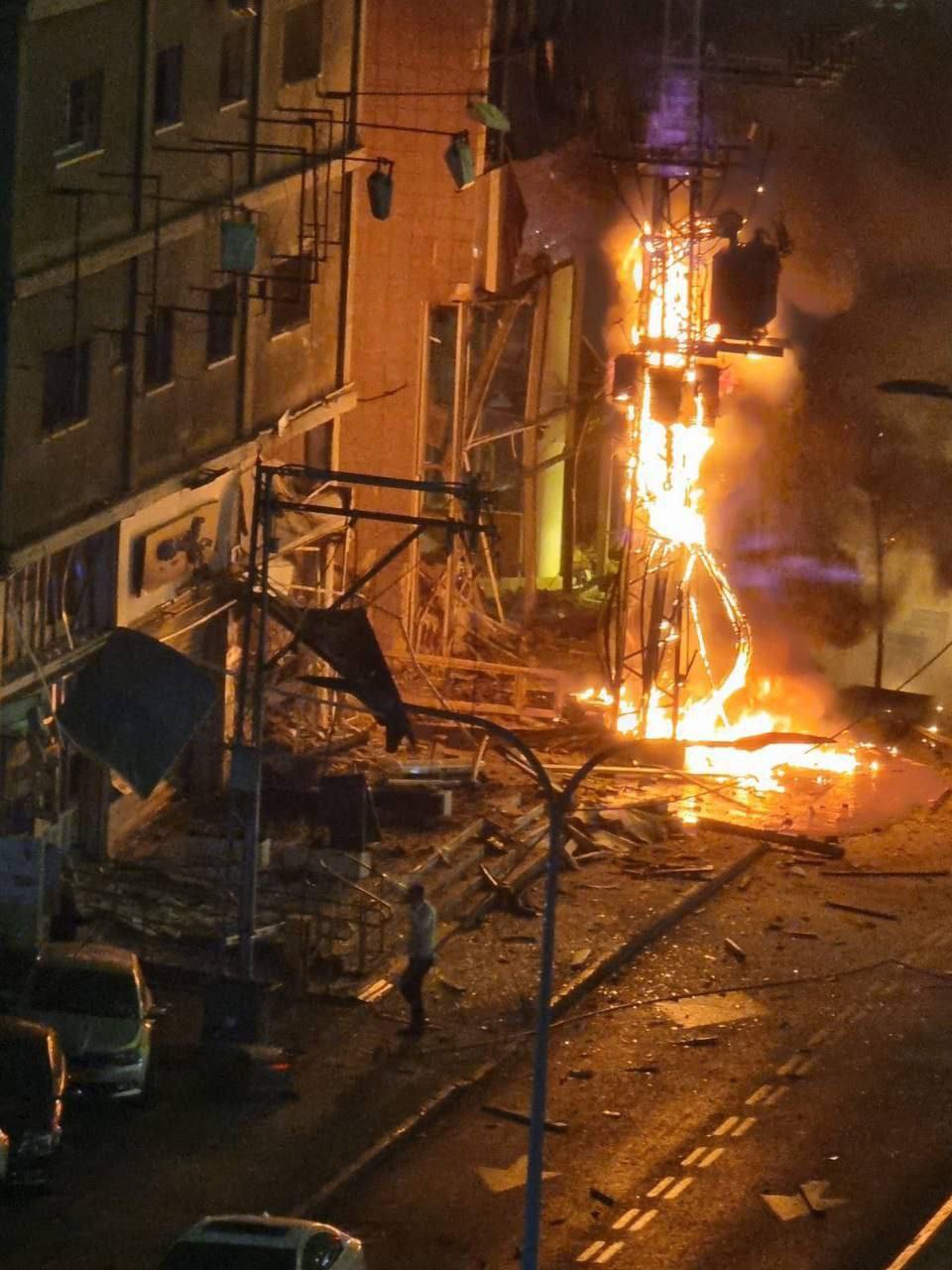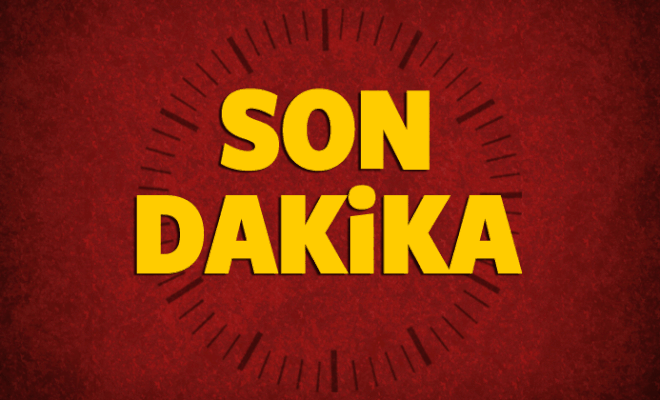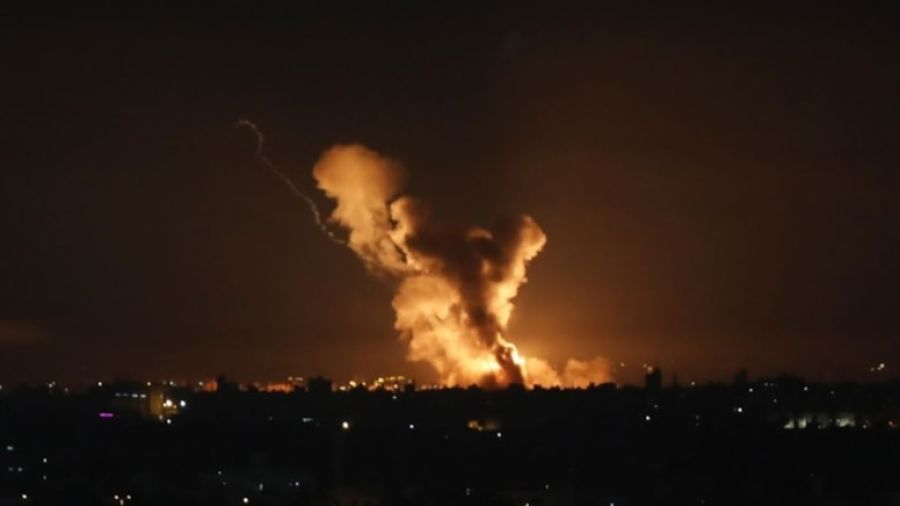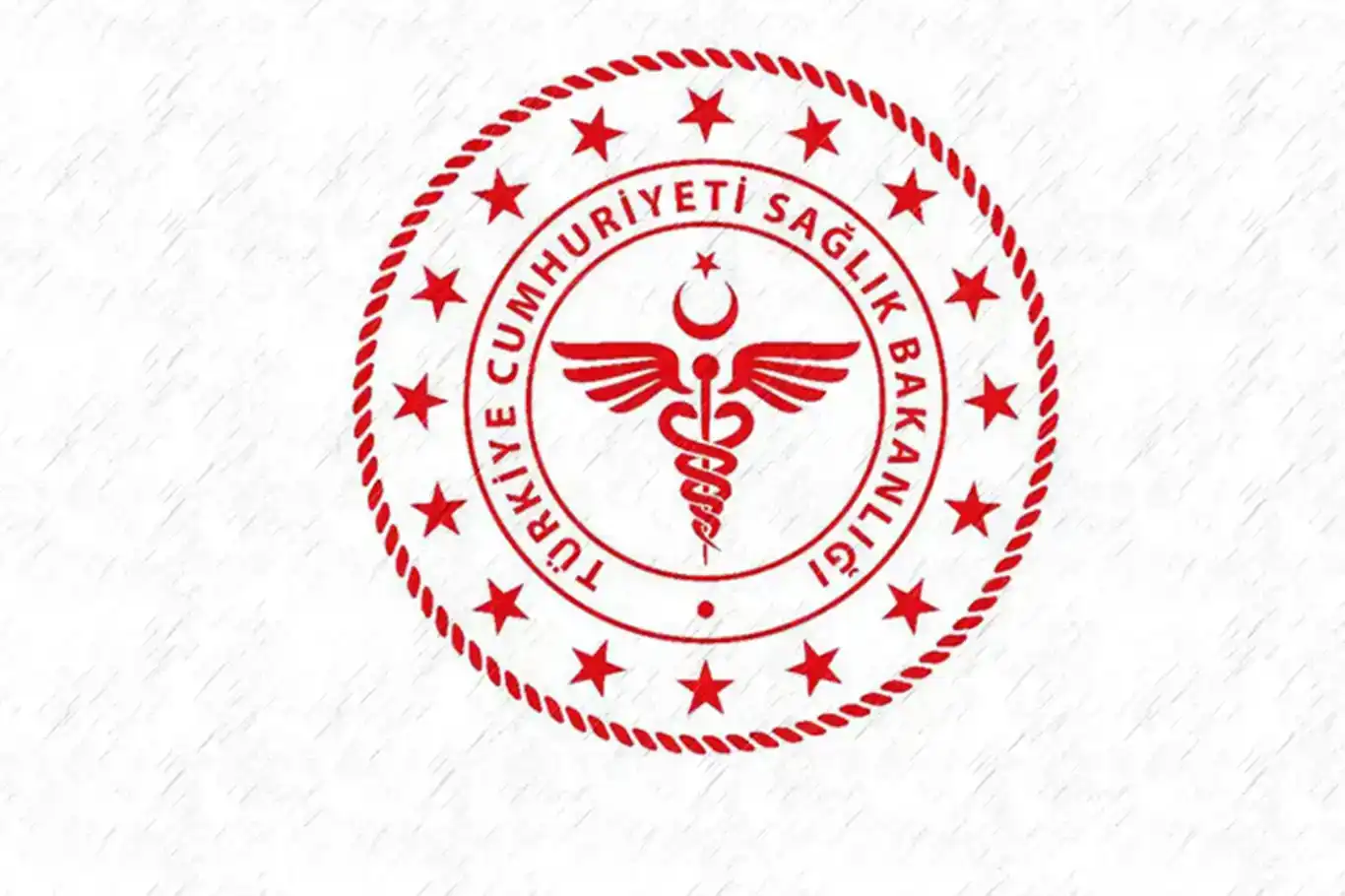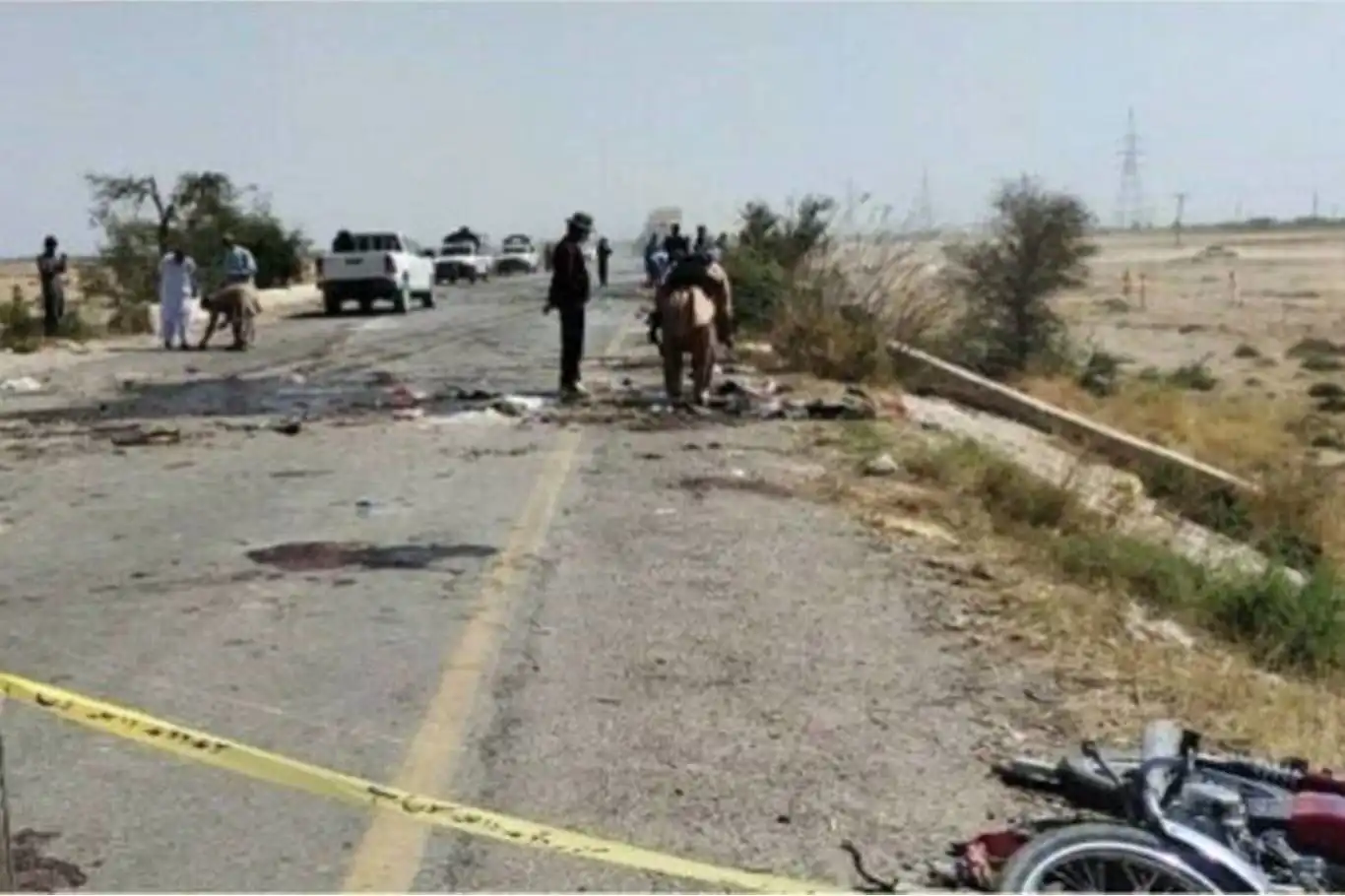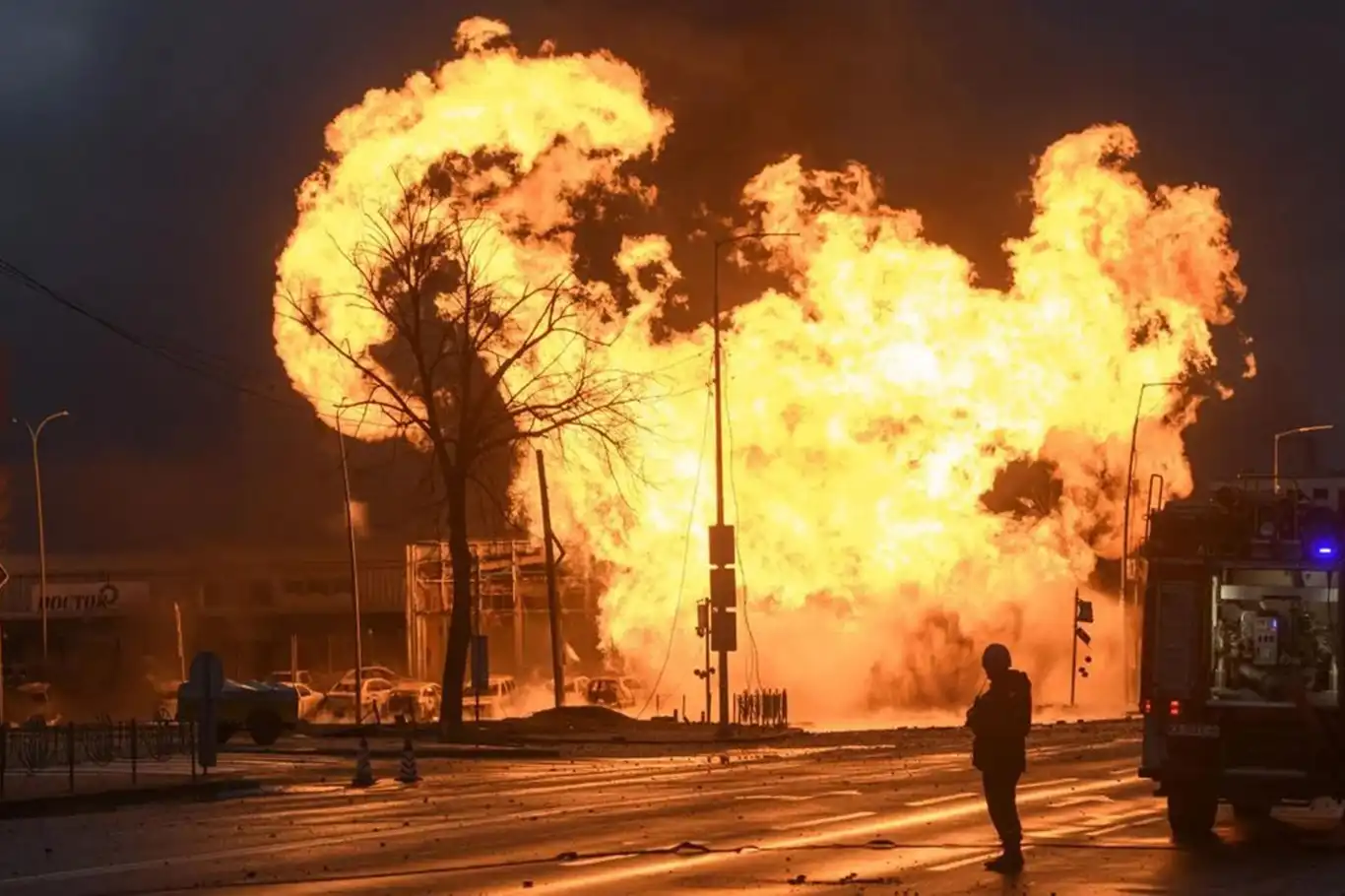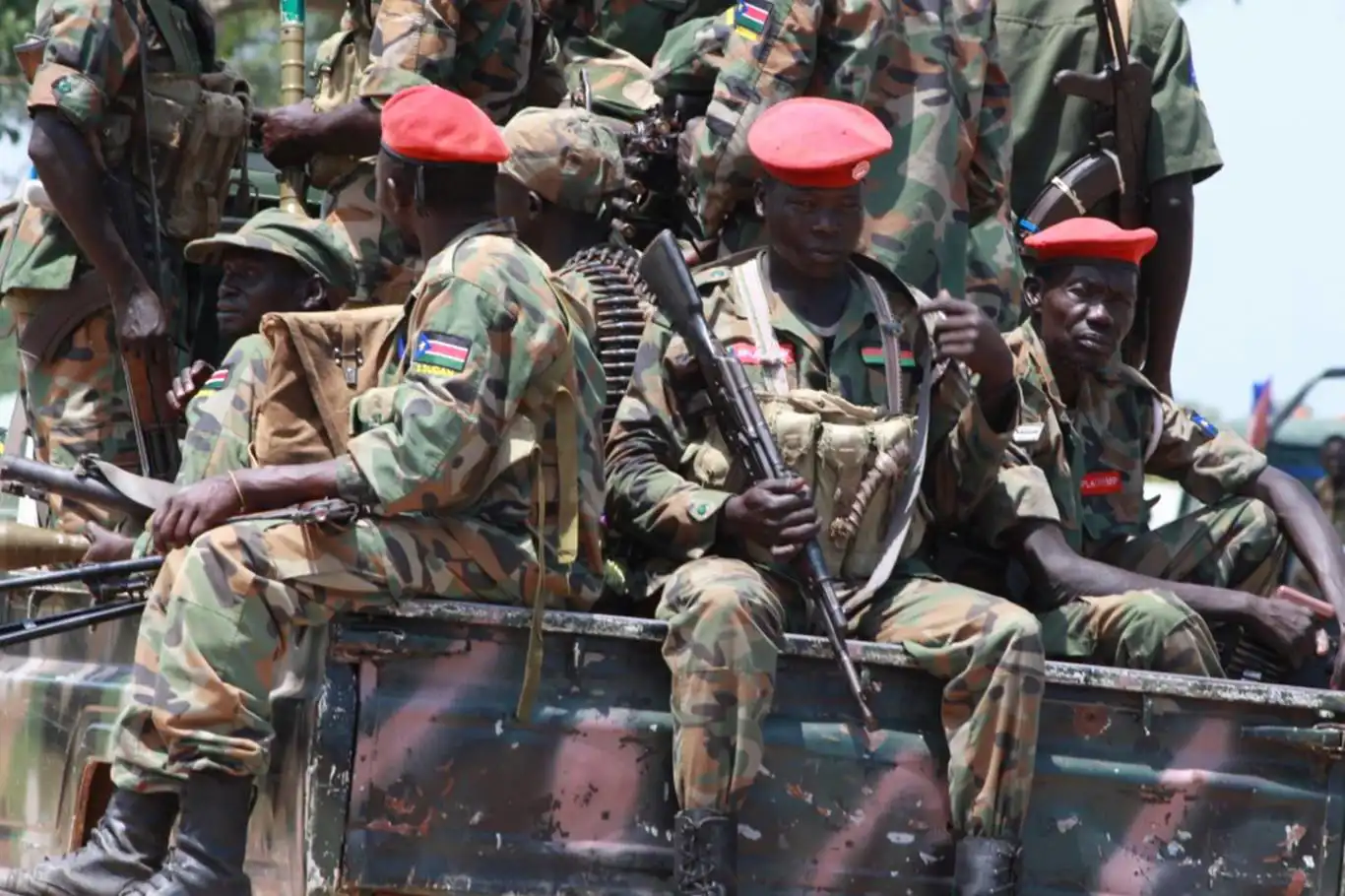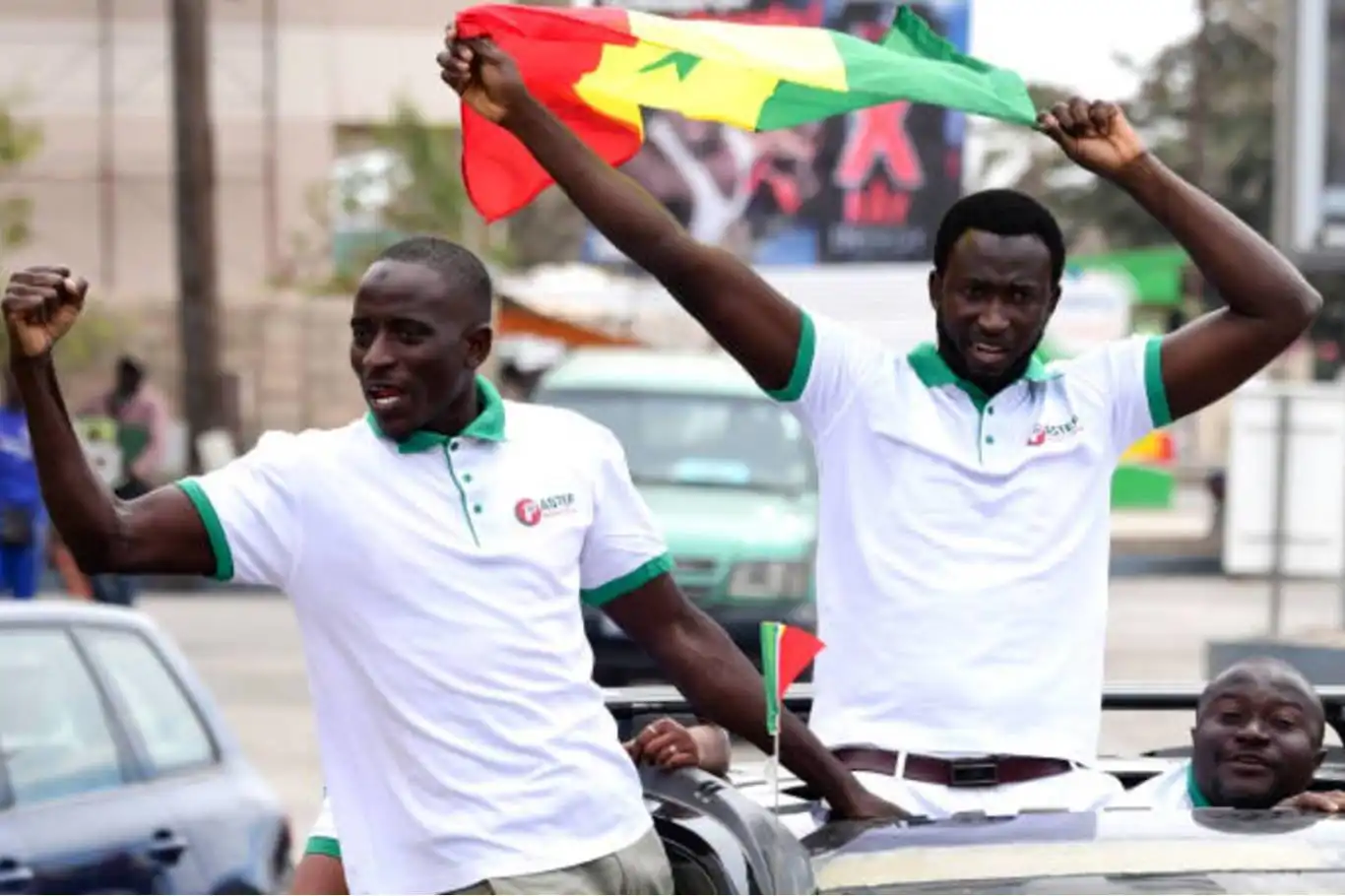Qana massacre of zionist regime remains in memories
The massacre in the town of Qana, located in the east of Lebanon, in 1996 by the army of the occupation regime, is commemorated in Lebanon and in many parts of the world on its 23rd anniversary.

 Google News'te Doğruhaber'e abone olun.
Google News'te Doğruhaber'e abone olun. The massacre carried out by the occupying regime army in the town of Qana, east of Lebanon in 1996, remains in memories despite 23 years.
Tens of thousands of South Lebanese civilians fled to the northern parts of the country during these attacks by the occupation regime that attacked the southern part of Beirut for the first time since 1982.
102 civilians lost their lives who took refuge in the UN headquarters in Qana during the attack by the zionists and 150 others were injured.
A total of 164 people, mostly civilians, were killed in the 16-day attack.
The occupation regime, which launched 600 air strikes in the region, fired 23,000 artillery shells in total. More than 300,000 people have been displaced due to the attacks.
The occupation gangs launched a military offensive on April 11, 1996, which they call "operation grapes of wrath" to cover all Lebanese cities, including the capital Beirut.
Qana residents have emigrated in the hope that the Zionists will not bomb the UN headquarters in Lebanon, protected by international law and norms, as a result of ongoing bombings.
However, on the morning of April 18, 1996, the zionist gangs killed 106 innocent civilians in the bombing of the United Nations headquarters in Lebanon.
The cold attitude of the international community
Despite the deliberate and planned massacre carried out by the zionists, the reactions from the international community were "ceasefire and calm."
The president of the United States of America of that era Bill Clinton also called for a ceasefire, while French President Jacques Chirac called for the zionist regime to abide by the ceasefire.
Russia, on the other hand, criticized the occupation regime and expressed concern about the worsening of the situation in Lebanon.
As always, the attitude of the Arab states was to condemn and send messages to stop military operations in Lebanon.
On April 25, 1996, the United Nations General Assembly decided that the zionist regime, which was a slap to Clinton, violated international law on the protection of civilians during the war.
In the midst of international discussions, the occupying prime minister Shimon Peres openly claimed responsibility for the massacre, admitting that his own army and officers had carried out the massacre.
At the time of the terrorist Peres statements, the occupying gangs attacked the UN for issuing a report that the zionists on the deliberate targeting civilians.
Members of the UN Security Council gathered on this, approved a resolution condemning the occupation regime, but the protector of the zionist regime, the United States, revoked it by using its veto. (ILKHA)




































